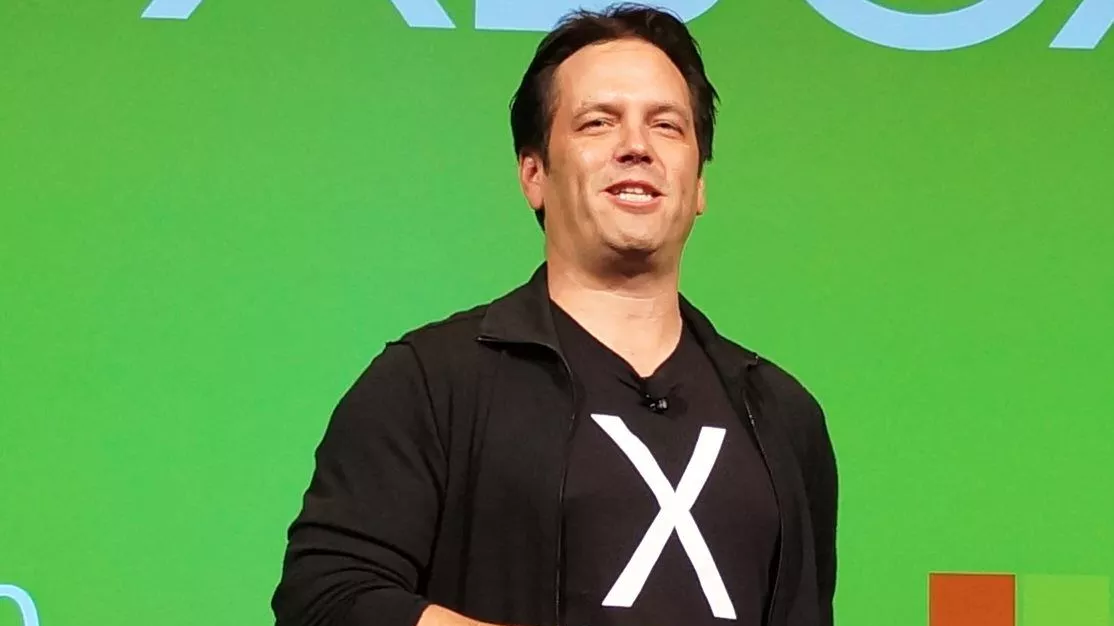Xbox boss says buying COD isn't about 'pulling the rug out from underneath the PlayStation 7'
"We want to continue to ship Call of Duty on PlayStation without any kind of weird, 'Aha! I figured out the gotcha.'"

Phil Spencer really wants regulators to stop hassling him about Call of Duty, apparently. Speaking on a recent episode of The Verge's Decoder podcast, the Xbox boss straightforwardly said that Microsoft is open to a "longer term commitment" with Sony to keep COD on PlayStation, in the event that Microsoft's $68 billion acquisition of Activision Blizzard goes ahead.
Microsoft's plan to gobble up Activision Blizzard has hit a few regulatory rough patches in recent weeks. At this very moment, the acquisition is undergoing in-depth, "Phase 2" scrutiny from both UK and EU regulators, each of which has voiced concerns about the potential for Microsoft to foreclose competitors' access to Call of Duty. Even Brazilian regulators, who waved the acquisition through, acknowledged a risk to Sony's access to COD, they just didn't think it was their problem.
The "idea that we would write a contract that says the word forever in it" is "a little bit silly," said Spencer, but he'd have no problem at all making a "longer term commitment that Sony would be comfortable with, regulators would be comfortable with".
Anticipating the fine-tooth comb that lawyers and audience nitpickers (like me) would take to that statement, Spencer continued, "Sony does not have to take Game Pass on their platform to make that happen. There’s nothing hidden. We want to continue to ship Call of Duty on PlayStation".
If Spencer sounds a bit exasperated, it's probably because he's said some variant of "COD will stay on PlayStation" so many times that he must be sick of hearing himself saying it. Still, in fairness to Sony, well-meaning public statements don't mean much when there are billion-dollar franchises on the line.
When Microsoft initially offered to keep COD on PlayStation for three years after the end of Sony's current agreement with Activision, Sony declared the offer "inadequate on many levels". A longer-term legal agreement could be much more to Sony's liking and, Microsoft hopes, the liking of regulators as well.
The three-way back-and-forth between Sony, Microsoft, and national regulators has been going on for some time now, and has given us a lot of insight into the business arrangements that underpin titanic series like COD. A more cynical man than I might suggest that Sony's caterwauling over access to the series is a little hypocritical, given that it apparently has a deal with Activision that's keeping the series off Game Pass. Besides, Microsoft argues that it's not a big deal anyway, since what if future games are as mediocre as Vanguard was?
The biggest gaming news, reviews and hardware deals
Keep up to date with the most important stories and the best deals, as picked by the PC Gamer team.
We'll find out more about Activision's future as the slow wheels of regulatory scrutiny turn. Both the EU and UK investigations are likely to conclude in early-to-mid 2023, and we're still awaiting word from the US Federal Trade Commission on the matter. Spencer might have to find some new ways to say that COD isn't going anywhere before we're through with this thing.

One of Josh's first memories is of playing Quake 2 on the family computer when he was much too young to be doing that, and he's been irreparably game-brained ever since. His writing has been featured in Vice, Fanbyte, and the Financial Times. He'll play pretty much anything, and has written far too much on everything from visual novels to Assassin's Creed. His most profound loves are for CRPGs, immersive sims, and any game whose ambition outstrips its budget. He thinks you're all far too mean about Deus Ex: Invisible War.

